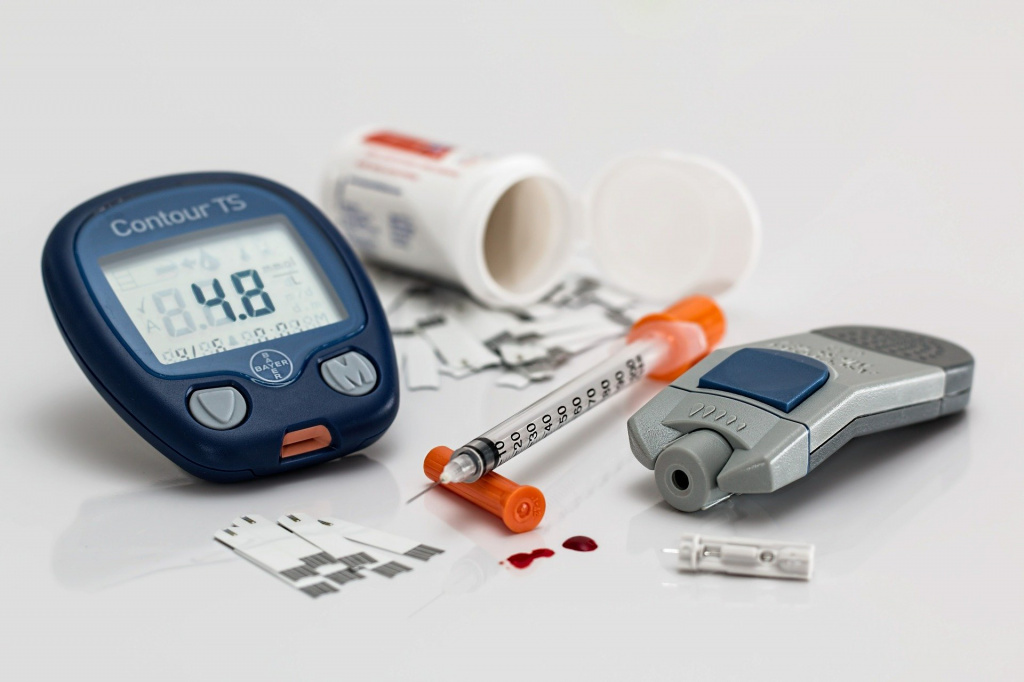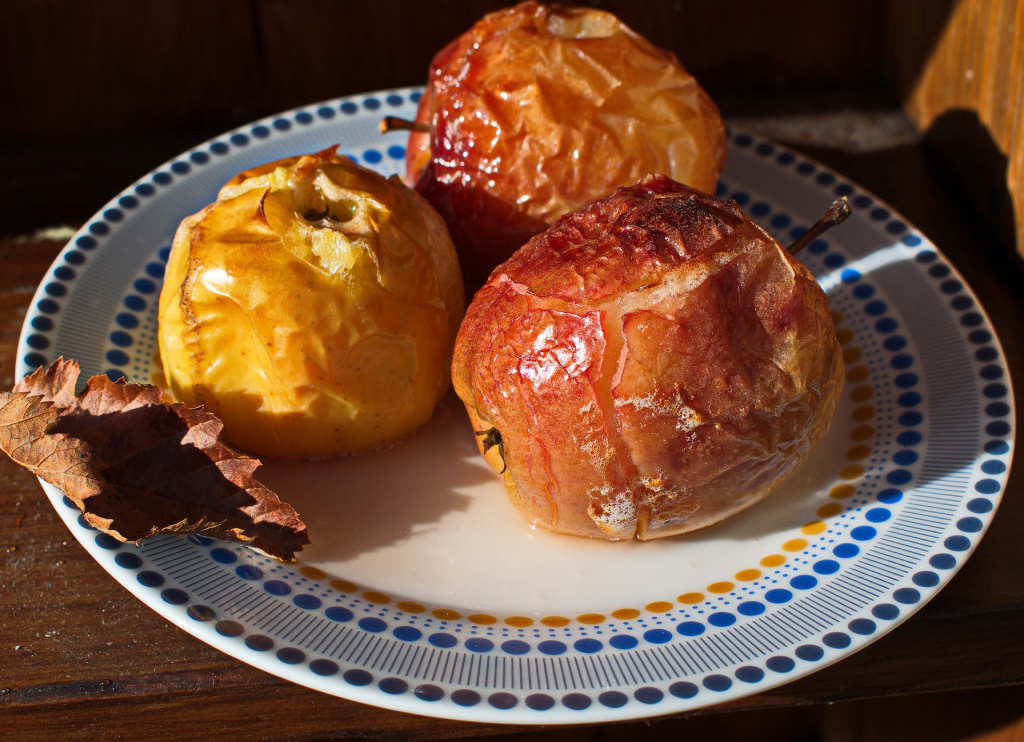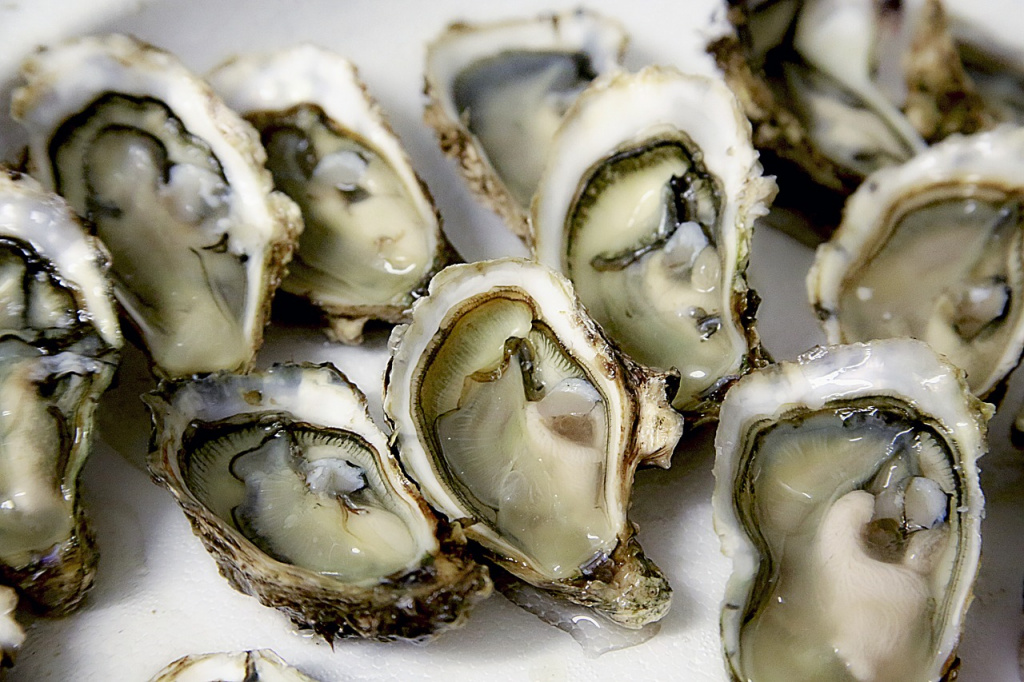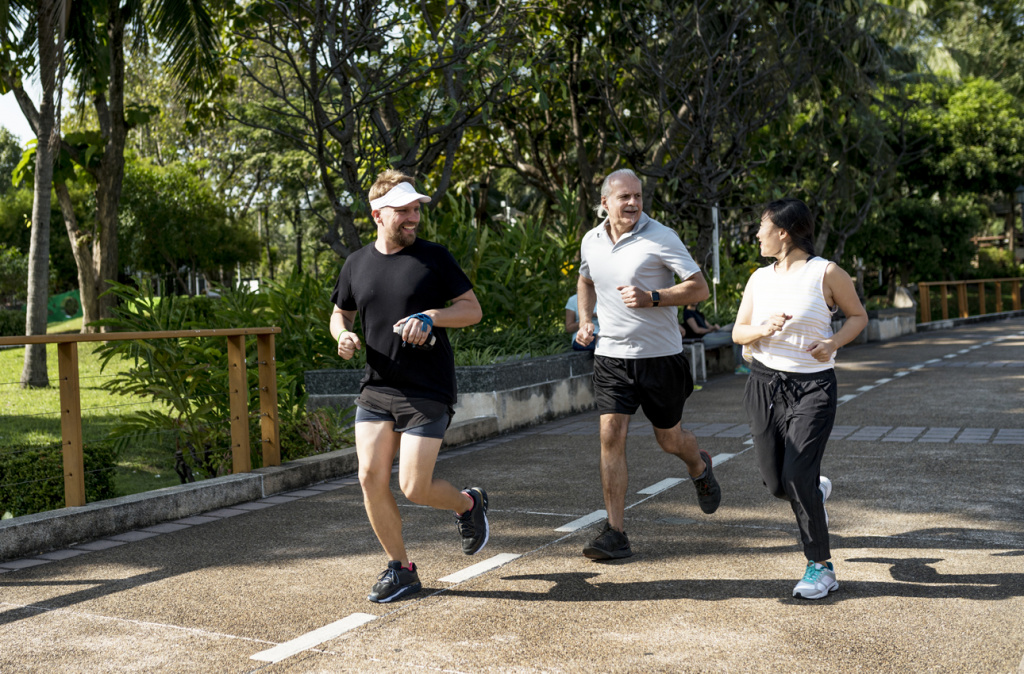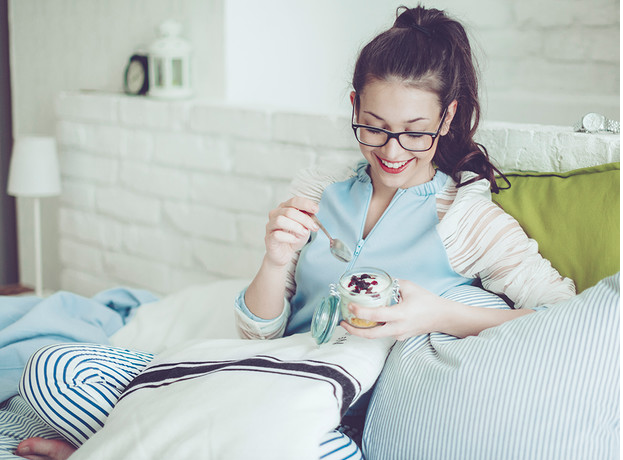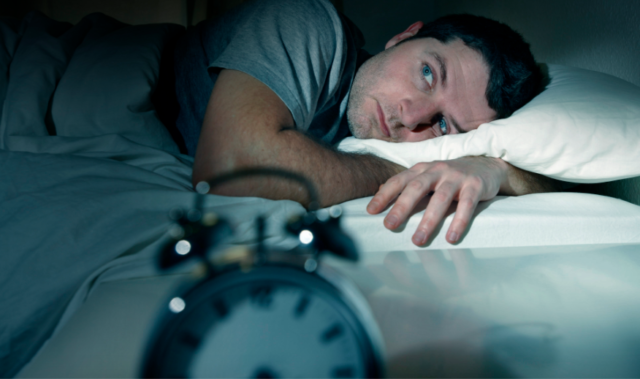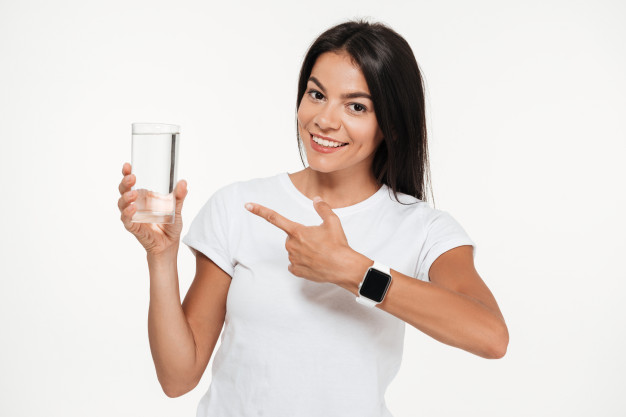On average, people spend a third of their lives in bed. According to the recommendations of the World Health Organization, an adult should sleep 7-8 hours a day. Sleep is important for the body ⏤ it is a source of health, youth and longevity. During sleep, important processes take place in the body – restoration of immunity and a set of strength:somatotropin is produced – a hormone that stimulates growth, reproduction and regeneration of cells, and serotonin – a “hormone of happiness”;the metabolism of the skin increases;the brain sorts information and gets rid of unnecessary;
70% of the daily value of melatonin (sleep hormone) is produced, which regulates biorhythms, and also restores, strengthens and protects the body from stress.
Probably everyone has heard the aphorism of the great commander Napoleon Bonaparte: “Napoleon sleeps for 4 hours, the elderly – 5, soldiers – 6, women – 7, men – 8, and only the sick sleep 9”. He went to bed at about 10-12 pm, slept until 2 am, then got up, worked until 5 am and went to bed again until 7 am, thus the duration of his sleep was 4 hours a day. Many speculate that sleep deprivation was one of the reasons for his strategic failures. But Napoleon was not alone in the nap. We propose to recall the great people who, like Bonaparte, considered sleep a waste of time:
Leonardo da Vinci slept only 2-4 hours a day, splitting sleep into pieces: 15 minutes of sleep, then 4 hours of work;
Margaret Thatcher slept a maximum of 4 hours a day;
Thomas Edison took 30 minute sleep breaks 6 times a day and spent 3 hours in total on it;
Winston Churchill went to bed at 3 am and woke up at 8 am, so he slept 5 hours a day;
there is evidence that Salvador Dali, just like da Vinci, practiced “equal sleep”. According to the artist, the intermediate state between wakefulness and sleep gave him new ideas.
Each of them left their mark on history, limiting themselves to rest and sleep. Many imitate, without thinking about the causes of death of great people: Leonardo da Vinci, Winston Churchill and Margaret Thatcher died of a stroke, Thomas Edison died of diabetes, Salvador Dali – from heart failure. Perhaps the lack of sleep played a significant role in the death of geniuses.
Remember, the recovery process is very important. Lack of sleep can have a negative effect on the functioning of the body, from thinking processes to gaining excess weight, the emergence of chronic diseases and a reduction in life expectancy. Studies conducted by scientists around the world have shown that sleep deprivation can lead to:
decreased intelligence;
disorders of the immune system;
aging skin;
exacerbation of hunger (a person consumes more calories than consumed);
deterioration in reaction and visual coordination;
diabetes mellitus, heart attack, stroke, paralysis, obesity, Alzheimer’s disease, oncology, DNA changes;
emotional outbursts, aggression and stress.
Also, it is worth recalling the scientific work of our compatriot biochemist and somnologist Maria Manaseina, who was one of the first to study sleep deprivation in animals. As a result of the experiments, she found out that lack of sleep is more dangerous than lack of food. It is believed that her research was prompted by the clinical case of a patient who died on the 9th day from insomnia.
Factors that interfere with healthy sleep:
1.A sedentary lifestyle can cause insomnia, since the body will not feel the need for rest;
2. a noisy place and light interfere with proper sleep and the production of melatonin, which regulates human circadian rhythms;
3.Blue light from smartphones, lamps, and other LCD gadgets interferes with restful sleep. Try to stop using these devices at least 1 hour before bedtime;
4. Caffeine increases the level of adenosine, having an exciting effect on the human nervous system. Drink caffeinated drinks no later than 6-8 hours before bedtime;
5. Drinking alcohol and nicotine negatively affects the quality of sleep. A large dose of alcohol leads to shallow sleep with frequent awakenings. Nicotine has a stimulating effect on the body, which can cause insomnia.
Tips for a good sleep:
1. stick to a daily routine – get up and go to bed at a specific time, regardless of the day of the week. You will get enough sleep and feel good;
2. Sleep 15-20 minutes during the day. Daytime sleep lowers blood pressure, has a positive effect on the heart and blood vessels, increases concentration and strengthens the body;
3. Tired not only mentally, but also physically. Sports will help get rid of insomnia, the main thing is to finish the workout no later than 90 minutes before bedtime;
4. Have dinner 2-3 hours before bedtime. Heavy food consumed at night slows down the production of melatonin, causes stomach discomfort, promotes fat deposition;
5. Add a choice of foods to your evening diet that help you fall asleep quickly: eggs, milk, low-fat cottage cheese, chicken, almonds, cherries;
6. Make a to-do list and prepare your clothes for the next day, so you will relax faster and not think about what you need to do tomorrow;
7. Take a walk just before bed. A leisurely walk will calm the nervous system. Upon awakening, you will feel refreshed and refreshed;
8. ventilate the room before going to bed – this is the key to a long and sound sleep;
9. Take a warm shower before bed. It will calm your nerves after a hard day;
10. Play meditation music, white noise, calming nature sounds, or a monotonous voice to quickly fall asleep.
Did you know?
The build-up of muscle mass occurs after exercise while the body is at rest. You shouldn’t go to the gym if you haven’t got enough sleep. In this case, the body will work in a stressful state to support life.
The benefits of a smart alarm clock
Mood depends not only on the duration of sleep, but also on how to to akuyu phase you wake up. Experiments conducted by scientists on rats have shown that if you wake up rodents during the slow phase of sleep, they begin to get sick, and then die. Smart alarm analyzes sleep and wakes up the user when he is in the active phase.
A fitness bracelet with smart alarm will make the morning really good: it will wake you up with a gentle vibration at the most suitable sleep phase for getting up and will not disturb the sleep of other family members. Benefits of sleep monitoring with ONETRAK:
in detailed charts, you can see the duration and ratio of sleep phases;
in the mobile application, you can create a goal for sleep duration and monitor its implementation;
you set the time range in which you want to wake up. A smart alarm clock analyzes your sleep and wakes you up in the most appropriate phase;
detailed sleep statistics will help you track how often and how much you lack sleep, assess the dynamics of sleep efficiency,
Using the data elsewhere in the app, you can track how activity, nutrition, and exercise affect your sleep quality.
Listen to your body and be attentive to your health. Remember, sleep deprivation affects mental and physical performance. As professor at the University of Southern California, Norbert Schwartz, said: “Earning $ 60,000 a year will have less impact on your ability to feel happy than one extra hour of sleep at night.” Therefore, if you want to be a healthy and successful person ⏤ take sufficient time to sleep and rest.
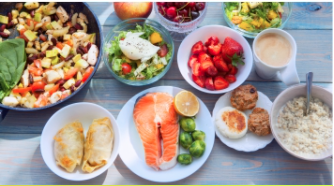
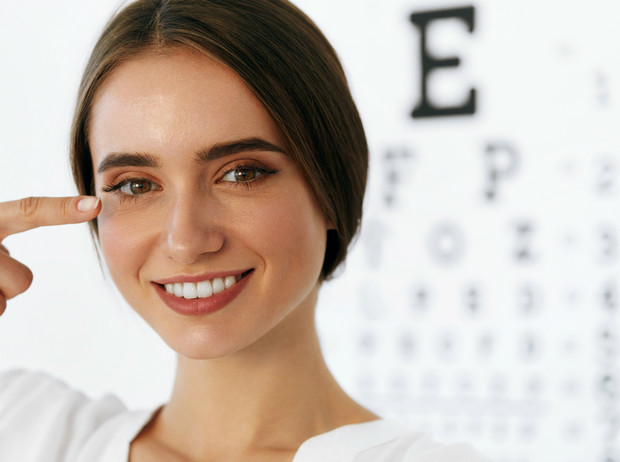

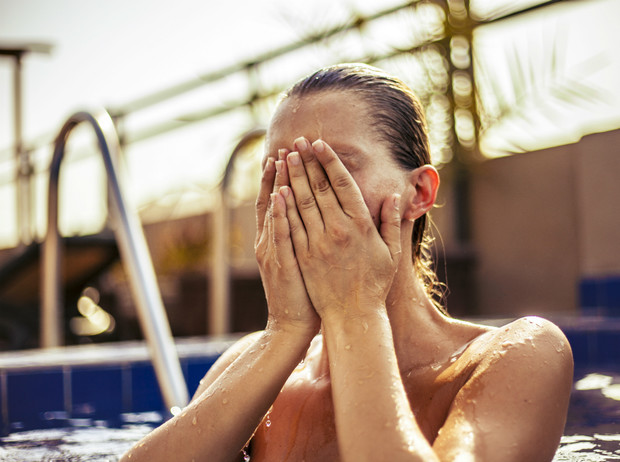
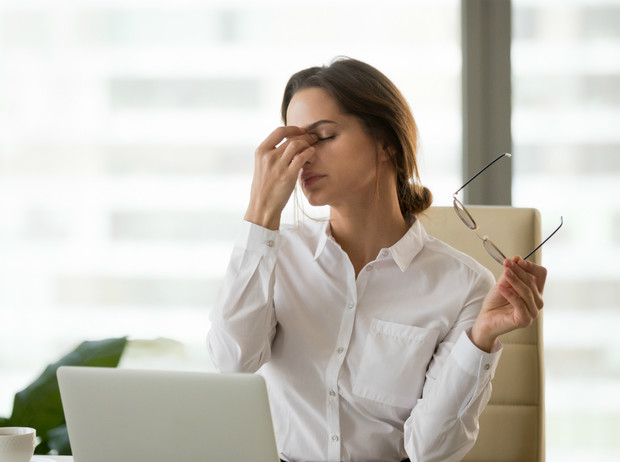



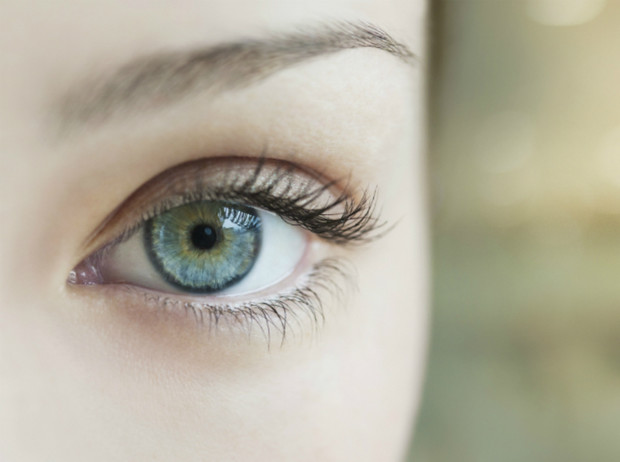

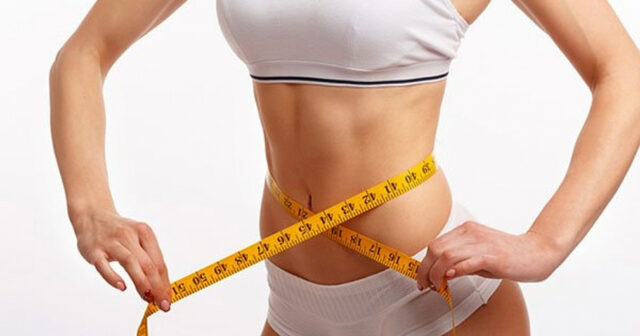
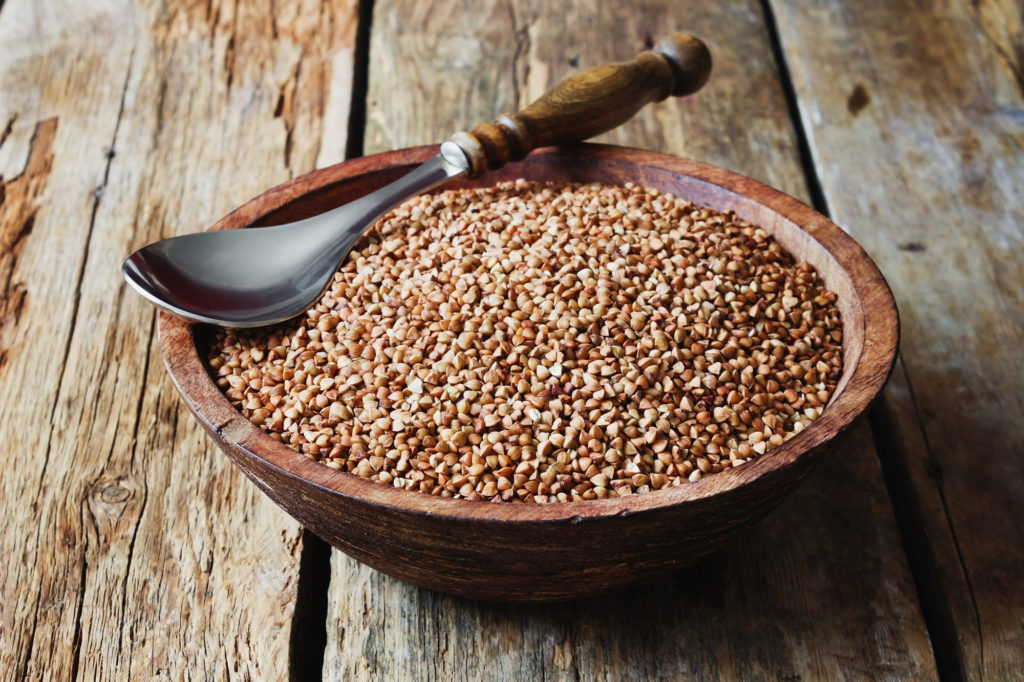

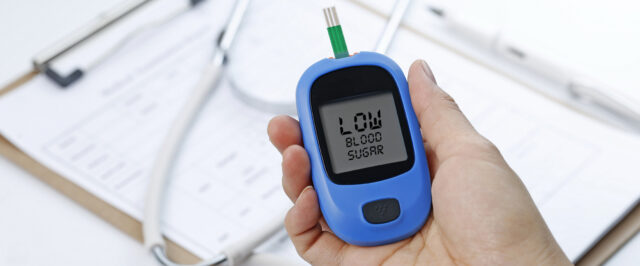
 If the cells have received the required amount of energy, and the person continues to eat, excess sugar is stored as fat. With a constant excess of glucose levels, the pancreas is forced to work day and night to supply the body with insulin in a volume sufficient to remove it from the blood. Over time, she will not withstand the load and will begin to ignore sugar, which is fraught with obesity and diabetes. Normal sugar levels range from 3.8 to 6.0 mmol / L. At a higher value, they speak of hyperglycemia, at a low value, hypoglycemia. The first condition, if untreated, leads to diabetes, the second turns into a hypoglycemic coma. Therefore, the concentration of glucose in the bloodstream should be lowered gradually and carefully. And if this process is permanent, you should consult a doctor.
If the cells have received the required amount of energy, and the person continues to eat, excess sugar is stored as fat. With a constant excess of glucose levels, the pancreas is forced to work day and night to supply the body with insulin in a volume sufficient to remove it from the blood. Over time, she will not withstand the load and will begin to ignore sugar, which is fraught with obesity and diabetes. Normal sugar levels range from 3.8 to 6.0 mmol / L. At a higher value, they speak of hyperglycemia, at a low value, hypoglycemia. The first condition, if untreated, leads to diabetes, the second turns into a hypoglycemic coma. Therefore, the concentration of glucose in the bloodstream should be lowered gradually and carefully. And if this process is permanent, you should consult a doctor.